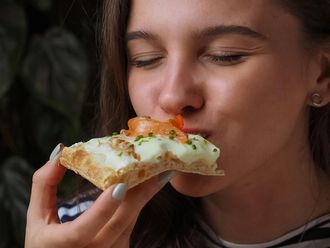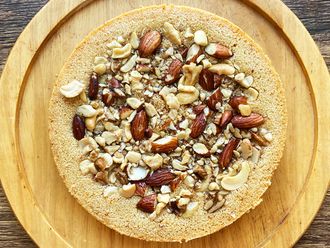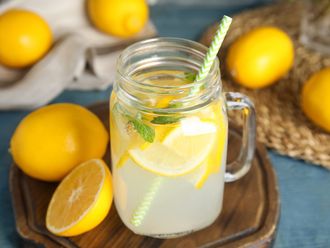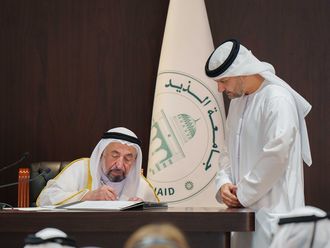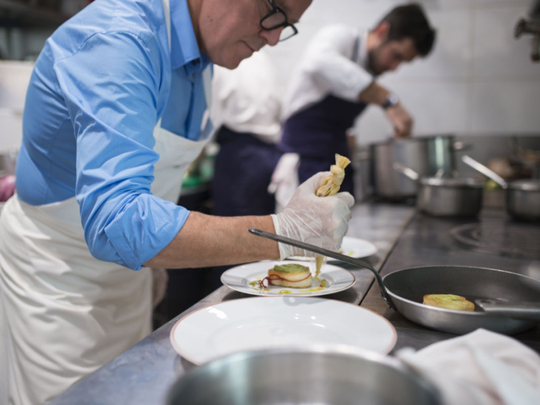
While it sometimes feels as if Netflix is commissioning in a vacuum (who was rallying for a prequel to Wet Hot American Summer?), the platform does occasionally hit the zeitgeist squarely on the head.
Masterminded by Jiro Dreams Of Sushi director David Gelb, Chef’s Table serves up artsy profiles of the world’s most renowned culinary artists, lingering over their craft in the detail demanded by the burgeoning food porn set.
So popular was its debut last year that 2016 has already seen the creation of two more seasons, with the most recent launched yesterday.
Four new episodes — already being broken down into three-second gifs of chopping and sauteing on Tumblr — focus exclusively on French chefs. Gelb himself directs a portrait of Alain Passard, owner and head chef of Paris institution L’Arpege, ranked 19th in the World’s 50 Best Restaurants list.
With its penchant for extreme close-ups, the show finds its ideal subject in Passard, a man prone to lurching excitedly towards the viewer as he describes the beauty of a carrot or the wit of a particularly firm beetroot.
As a result, Chef’s Table’s roving camera, with its depth of field set shallower than my understanding of haute cuisine, struggles to keep more than an inch of him in focus.
Perpetually sieving soil through his fingers in search of higher meaning, Passard talks rapturously of his pursuit of “the hand”, a term he uses to describe gastronomic dexterity.
The macabre side of this disembodied phrasing comes screaming to the fore later on, as he recreates one of the dishes that first put L’Arpege on the map: a chicken and a duck sewn together with string and baked in hay.
The show’s soundtrack is wise to service the sequence with demonic strings straight out of Red Dragon.
Despite his reputation as the Dr Frankenstein of roasting, Passard grew to resent working with meat, and in 1998 repositioned the restaurant as a vegetable-focused dining experience. Whatever Gallic cred he lost by hanging up his carving knife was quickly regained as he began to learn his way around a Jerusalem artichoke, greens becoming to him what oil paints were to Manet.
Today, the restaurant’s raw materials come from his own garden, its rolling harvest schedule responsible for a menu constantly in flux.
As ever, the show’s rose-tinted vision of haute cuisine tends to simplify the reality of the restaurant business, not least when one interviewee claims that Passard has created “a world of his own, that everyone can experience”.
With L’Arpege’s dinner-tasting menu priced at 380 euros, we’ll have to stick with Chef’s Table and a takeaway.



